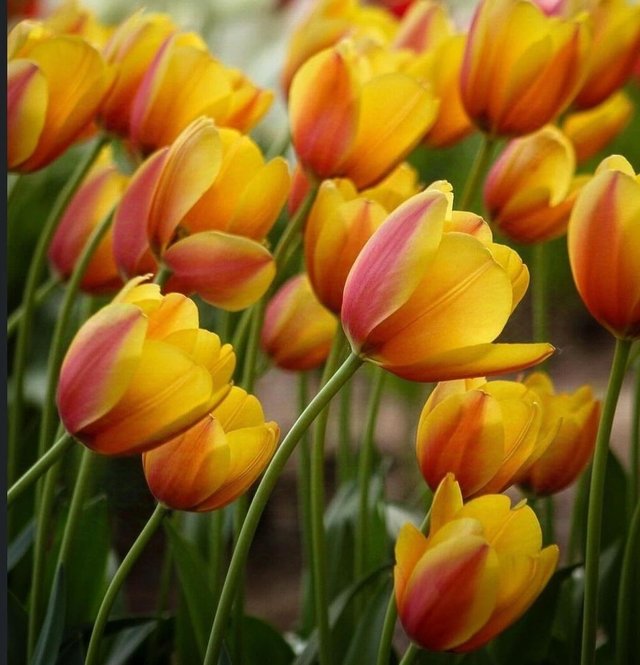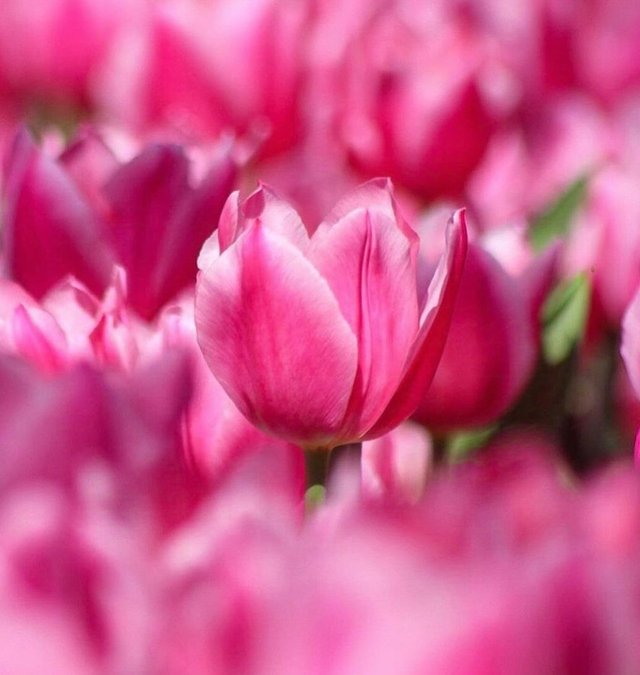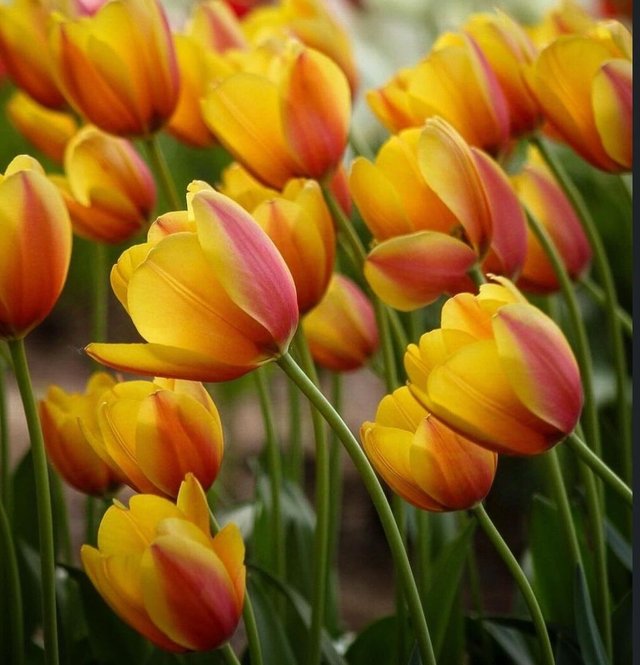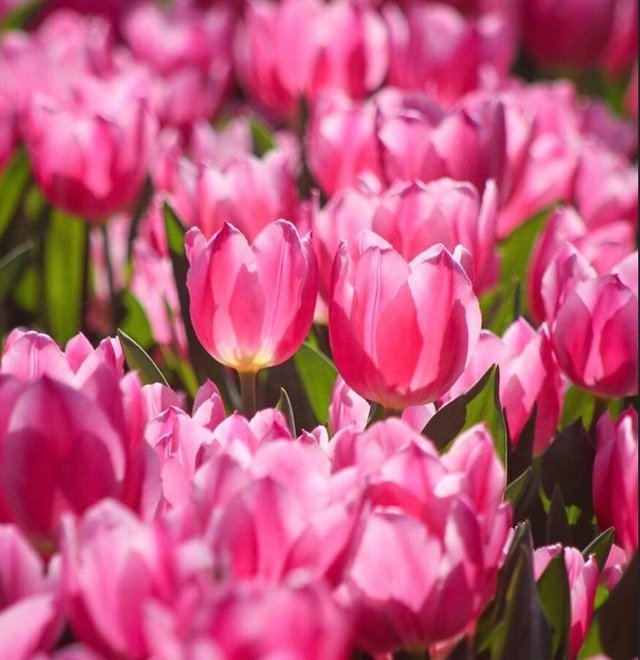The Garden Tulip: A Timeless Symbol of Spring and Beauty
The garden tulip is one of the most iconic and beloved flowers in the world. Renowned for its vibrant colors, elegant shapes, and rich history, tulips have been cherished by gardeners, florists, and flower enthusiasts for centuries. Their beauty is not just a visual treat but also carries deep historical, cultural, and botanical significance. This long post will explore everything you need to know about the garden tulip, from its origins and cultural impact to its botanical features and cultivation.
Origins and History
Tulips are native to a vast region stretching from Southern Europe to Central Asia. They have been growing in the wild for thousands of years, with species native to the mountainous regions of Turkey, Iran, and the Central Asian steppes. However, it wasn’t until the Ottoman Empire's reign in the 16th century that tulips gained significant popularity as cultivated garden flowers.
The word "tulip" itself is believed to have originated from the Persian word dulband, meaning turban, likely a reference to the flower's resemblance to a turban. Tulips were introduced to Western Europe in the mid-16th century by traders and diplomats who had connections to the Ottoman court. By the 17th century, tulips became an obsession in the Netherlands, leading to the infamous "Tulip Mania" – a period during which tulip bulbs were traded for astronomical sums, sometimes even surpassing the price of gold. Though this bubble eventually burst, tulips remained deeply ingrained in Dutch culture and are still synonymous with the Netherlands today.
Botanical Features
Tulips belong to the Liliaceae family and are perennial bulbous plants. Their beauty lies in their simplicity and variety. Here are some key botanical features of the garden tulip:
Flowers: Tulip flowers are typically cup- or star-shaped, with six petal-like tepals that may have a wide variety of colors. You can find tulips in virtually every hue—reds, yellows, pinks, purples, whites, and even blackish shades. Some varieties are bicolored or have intricate patterns on their petals, such as streaks or fringed edges.
Height: Garden tulips vary in height, from the dwarf species that grow about 4 inches tall to taller varieties that can reach up to 28 inches.




